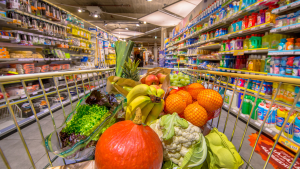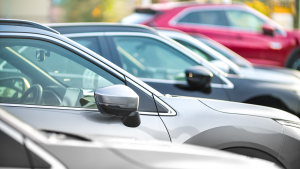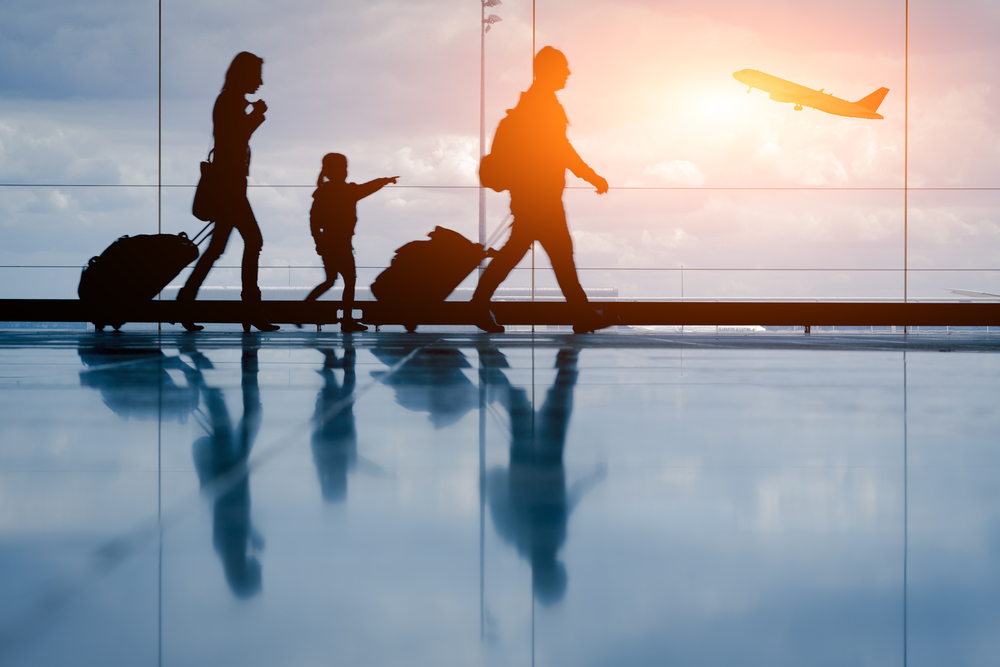
- The Savvy Promise
At Savvy, our mission is to empower you to make informed financial choices. While we maintain stringent editorial standards, this article may include mentions of products offered by our partners. Here’s how we generate income.
In this article
After the Australian federal government announced the reopening of international borders in late 2021, overseas travel has once again become a reality. Savvy's survey of 1000 Australians aims to learn their attitudes and intentions towards international travel in the midst of a global pandemic.
- 4 in 5 say international travel COVID-19 policy will influence destination choice.
- 47% worried about being stranded – more so than catching COVID-19
- 36% “Not Confident” upcoming quarantine changes will maintain safety after overseas travel resumes
Almost two thirds of Australians (57%) feel positive about the upcoming opening of international borders, according to a new survey of 1,000 Australian adults commissioned by Savvy.
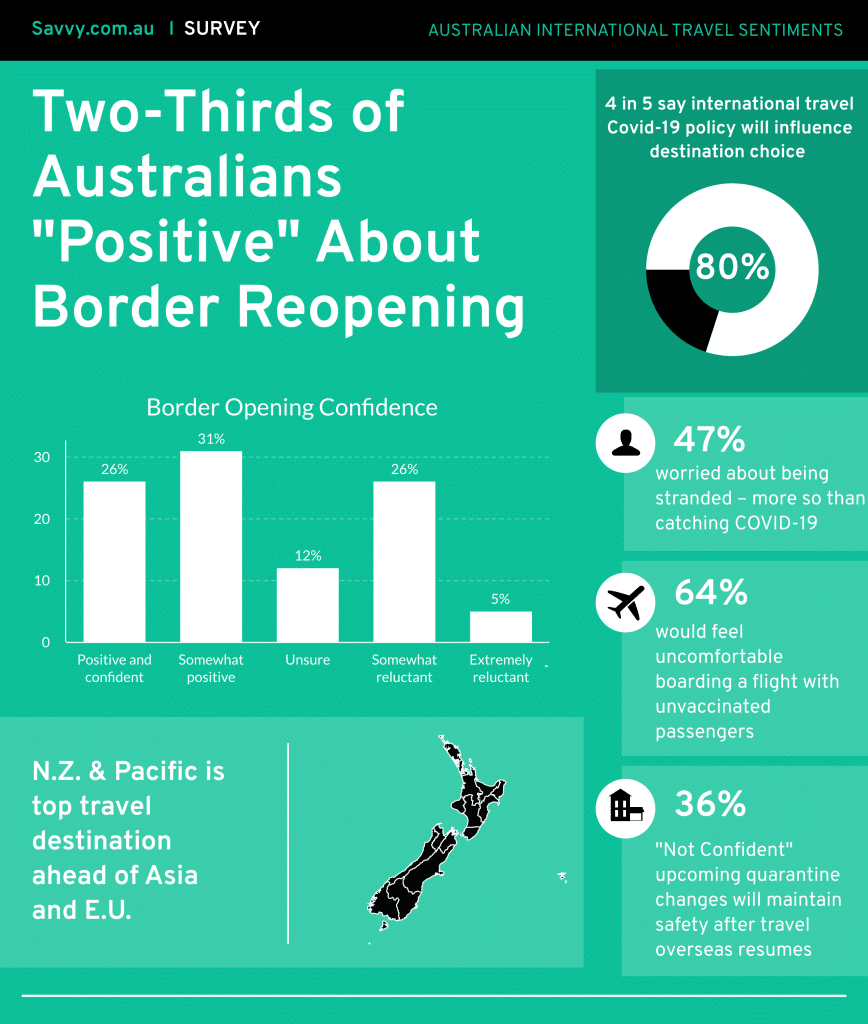
How COVID policies will influence where you intend to travel
As for where people would go would be influenced by their destination country’s COVID mitigation policies. 48% said it would “very significantly” influence choice, with 31% saying it would significantly influence their choice – almost four in five respondents.
The reasons for going overseas are overwhelmingly recreational – 87% saying they are primarily leaving for a holiday or to meet family and friends. 3% said they would be returning home. As for when that would happen, 23% said within six to twelve months; 24% within one to two years. Only 2% of respondents said they’d jet off immediately.
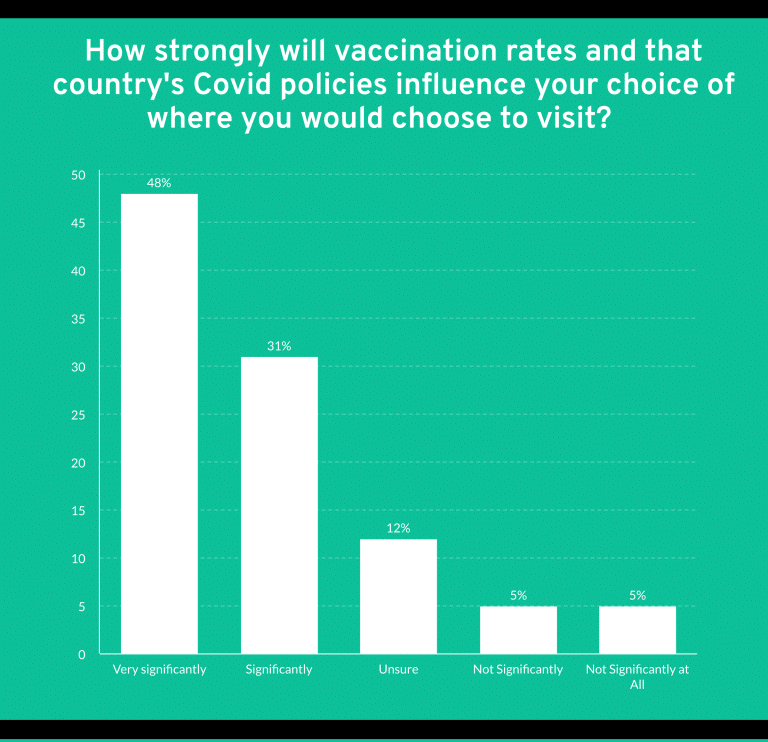
Where people intend to travel the most
As for where they’d like to travel the most, New Zealand and the Pacific Islands topped the survey (26%) followed by Asia (21%) and Europe (20%). Surprisingly, only 7% chose the United Kingdom, and 6% North America.
In light of Australians being stranded overseas due to tightened quarantine quotas or outbreaks in certain countries, 47% are worried about being stuck in their destination – which outweighs the worry of catching COVID-19 (31%).
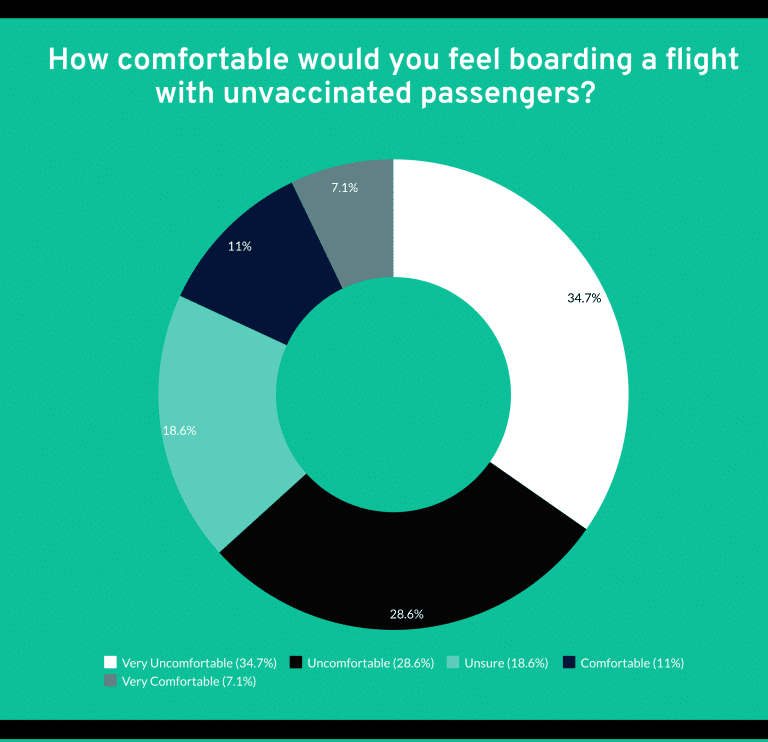
The vaccination issue
64% of respondents said that they would feel uncomfortable boarding a flight with unvaccinated passengers. 59% of 55–64-year-olds reported they would feel “very uncomfortable” with the prospect. Only 18% of respondents said they would be comfortable sharing a flight with unvaccinated passengers.
43% said that the unvaccinated should get the jab before being allowed to travel. 48% of Sydneysiders agreed; as did 46% of Brisbanites. Perth and greater WA residents agreed strongly (49% and 52% respectively.)
Only a quarter said unvaccinated passengers should be allowed to travel, as long as they adhered to quarantine and travel rules. 20% said they should be allowed, provided they can produce a negative COVID test prior to boarding.
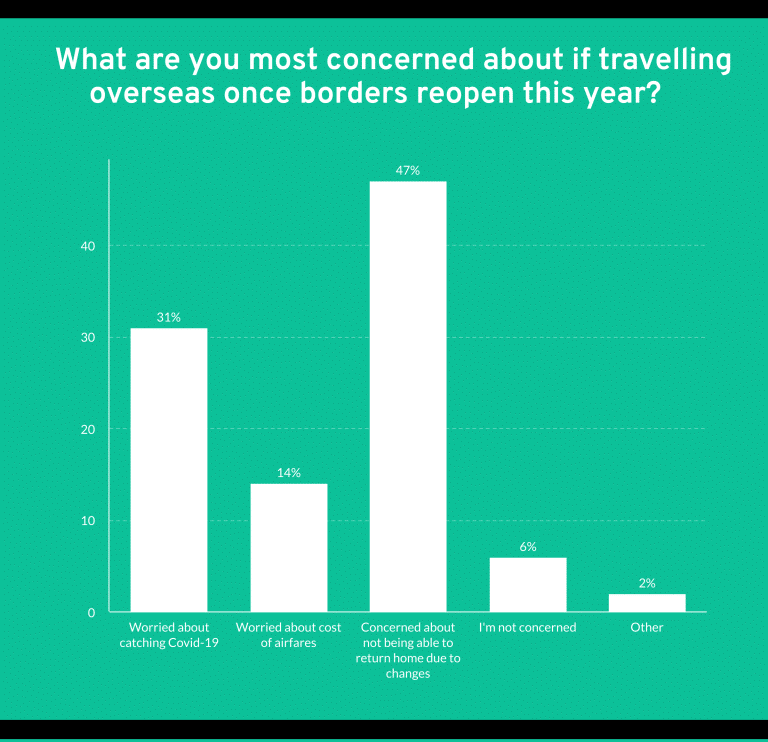
Airfares and costs
37% of survey respondents said they’d spend between $5,000 and $10,000 on their next international trip, with 46% of 18–24-year-olds agreeing. 30% would spend up to $5,000; 12% would spend $10,000-$15,000.
“There is an appetite to travel and a lot of people have had two years to save up for a trip,” says Savvy Managing Director Bill Tsouvalas. “Seeing as the upper end of spending is still quite small, with only two percent saying they’d spend over $20,000, this may indicate nervousness in going on holiday for extended periods. For many, it depends on their overall financial wellbeing. For those wishing to travel though without the available funds on hand, falling back on credit cards may seem like the easy option, though this comes with a much higher overall cost. A better option is to use a personal loan with a fixed time period and much more competitive interest rate to finance that next dream getaway. Overwhelmingly, Australians are eager to travel once again. They’ve been waiting a long time.”
Savvy - 2021 International Travel Sentiments Survey - 2 (n = 1000)
Nationally representative survey of 1000 adult Australians, aged 18 and over. Conducted by Octopus Group, on behalf of Savvy.
Completion date: 20/10/2021
Age groups:18-24, 25-34, 35-44, 45-54, 55-64, 65+
Gender breakdown: male n=500, female n=497, non-binary /prefer not to say n=3
Representative of state and territory populations:
NSW n=322 (32.3%), Vic n=254 (25.1%), Qld n=158 (20.2%), SA n=71 (7.2%), WA n=108 (10.6%) NT n=8 (0.7%), Tas n=21 (2.2%), ACT n=18 (1.7%)
Did you find this page helpful?
Author
Adrian EdlingtonGuest Contributor
Bill TsouvalasPublished on October 22nd, 2021
Last updated on March 19th, 2024
Fact checked
This guide provides general information and does not consider your individual needs, finances or objectives. We do not make any recommendation or suggestion about which product is best for you based on your specific situation and we do not compare all companies in the market, or all products offered by all companies. It’s always important to consider whether professional financial, legal or taxation advice is appropriate for you before choosing or purchasing a financial product.
The content on our website is produced by experts in the field of finance and reviewed as part of our editorial guidelines. We endeavour to keep all information across our site updated with accurate information.




